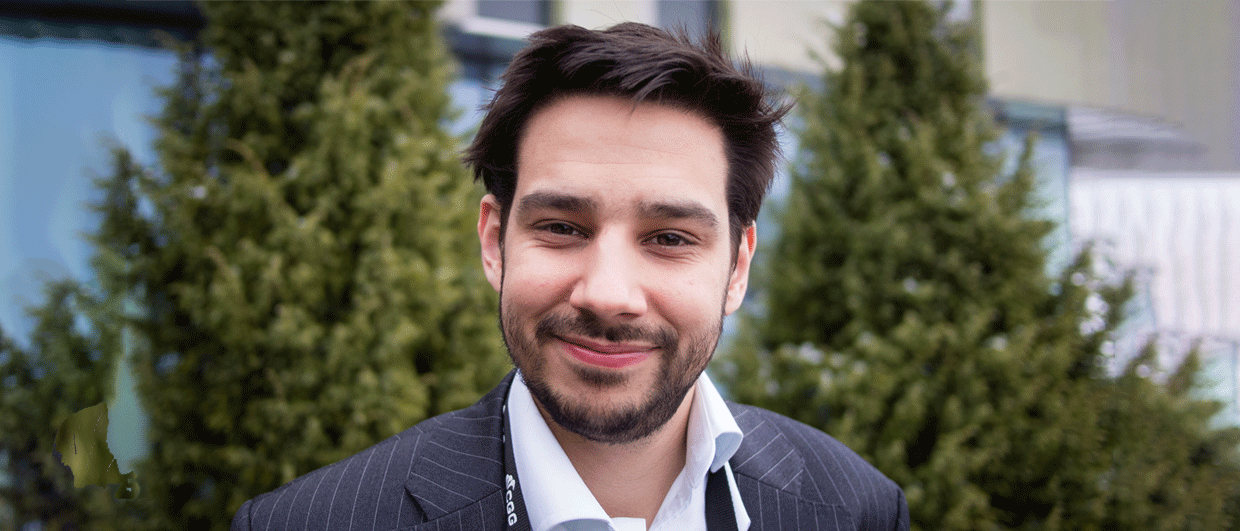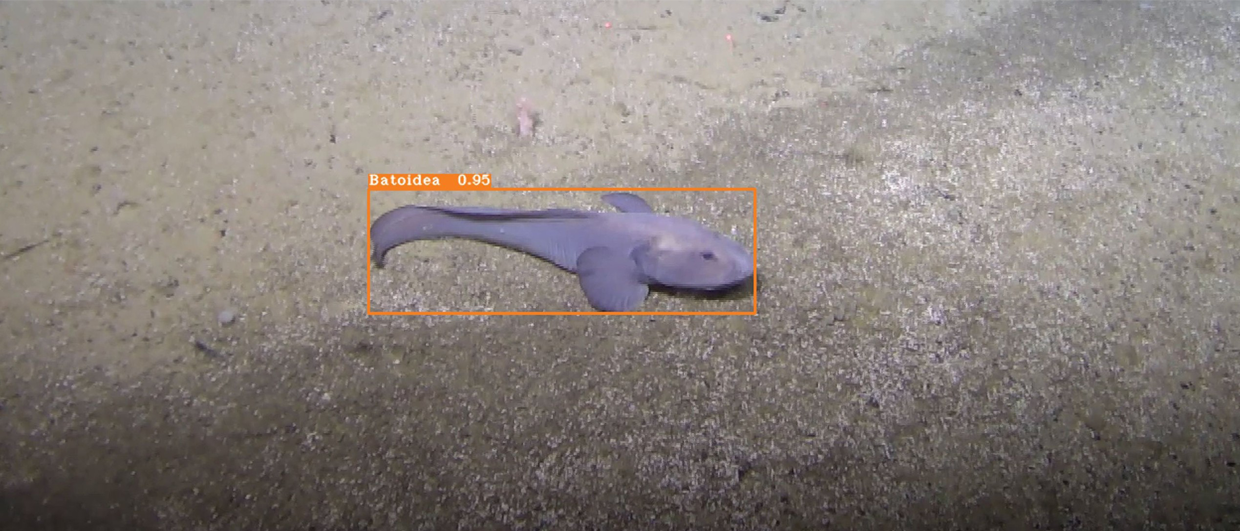A few months ago, I published some thoughts on how Norway has proven to be such a hotspot when it comes to new subsurface technology. Dan Austin, who has been in Norway for quite a few years, got in touch and offered to share some of his experience working in subsurface tech in Norway. Dan previously worked with Earth Science Analytics in the seismic and artificial intelligence space and is now powering autonomous drilling with Sekal.
“What Norway got right from the geo and subsurface perspective was putting a big bet into getting all the data accessible, structured, clean and ready,” says Dan. “No other country in the world has its subsurface data organized like Norway, and even though countries like Australia also offer a great deal, DISKOS has been a real boon to the industry. Especially for start-ups because the fees are affordable and the data presentation is standardized, giving companies a real head start.”
It’s also ok and acceptable to try new things and fail in Norway,” adds Dan. “There is an attitude towards entrepreneurship here, but there is also a safety net, to an extent that you don’t really see in any other place in the world. On top of that, there is a stable political regime, a good licensing system, easy access to international markets and international money. That really creates the environment needed for investors to come in.”
Skilled and smart people willing to work in the oil industry are also still around in Norway, with many having an interest in the technical sciences. “I think many people have the natural interest and technical skills to come up with new ideas,” says Dan.
But where Norway has the right ingredients to launch ideas, it may not be the best place to find the talent to scale it into an international business. “I think sometimes the cultural norm in Norway is holding back companies from more success on a global scale. To find people with the mindset to challenge those expectations is like finding unicorns,” laughs Dan.
At the same time, expecting to be the next tech Sillicon Valley unicorn in the subsurface tech world is maybe a bit too far-fetched even for companies that do well. “At the end of the day, it is good to realise that we are all oilfield service companies to some degree,” says Dan. “There’s always a risk that you lose sight of the bigger picture and there often comes a time where your technical competence will skew your commercial perspective. Sometimes this attachment to your product can be a barrier to growth.”
What is the next big thing that will come out of Norway? “It is hard to see what comes next,” says Dan, “as we seem to be in this zone between pre- and post-AI; where we are not fully automated yet and are still moving on from our legacy systems. However, I’m thinking along the lines of a secure solution to AI, making sure that the ethics of large language models is correctly implemented and respects the ownership and rights from companies. If there is one place this could come from, it is Norway,” Dan concludes.





